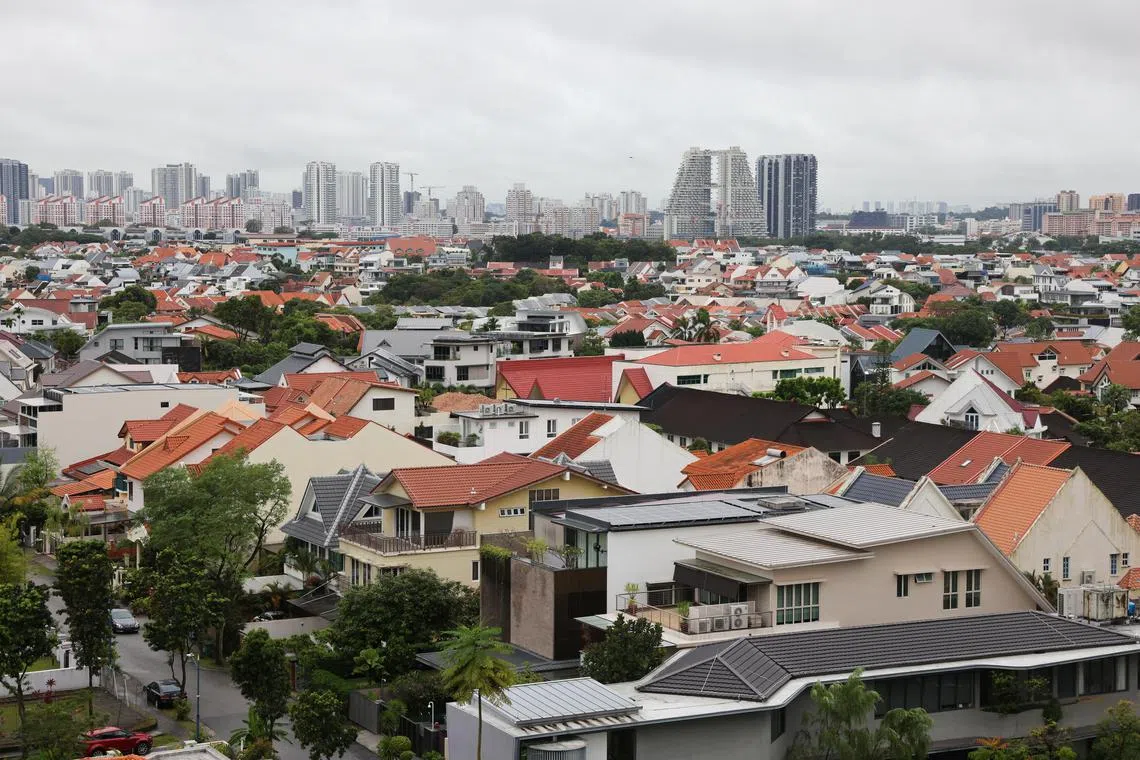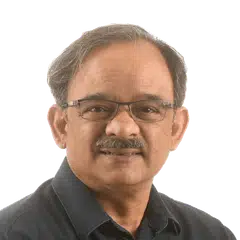Govt will support retirees living in private homes, but not by lowering property tax: SMS Chee
Sign up now: Get ST's newsletters delivered to your inbox

Retirees, whether living in private residential properties or HDB flats, can tap into the various schemes for senior citizens, said Mr Chee Hong Tat.
ST PHOTO: ONG WEE JIN
Follow topic:
SINGAPORE – The Government is committed to supporting retirees, including those staying in private residences, not by lowering their property taxes but through other ways, said Senior Minister of State for Finance Chee Hong Tat on Friday.
He was replying to questions from MPs Joan Pereira (Tanjong Pagar GRC) and Yip Hon Weng (Yio Chu Kang SMC) on whether the Government would consider reducing the property tax rates for owner-occupied private residential properties of elderly retirees who have been unduly affected by the escalating rental of neighbouring units.
This affects the annual value (AV) of the property, which is used to calculate tax rates.
Property tax is calculated by multiplying the AV of the property with the property tax rates that apply to the owner.
The AV, in the meantime, is determined based on the rental transactions for comparable properties with similar attributes such as location, age and condition.
Mr Chee said that the computation of the AV “would generally exclude very high and outlier rentals that the properties may fetch”.
A property that earns more rental income has greater value, and therefore the AV and the property tax payable will be higher.
Mr Chee said he understands the concerns that some retirees may face financial difficulties as a result.
“The Government remains committed to supporting retirees,” he said.
“We do so, not by lowering property tax rates for residential properties owned by retirees, but by supporting our seniors in other ways.”
Retirees, whether living in private residential properties or Housing Board flats, can tap the various schemes for senior citizens, he suggested.
For example, under the Assurance Package,
Mr Chee noted that property tax is Singapore’s primary means of taxing wealth, with the AV as “a proxy for the property value and thus the owner’s wealth”.
Given that property tax is a form of wealth tax
In line with the wealth tax intent, the property tax on residential properties is levied on a progressive schedule.
Hence, properties with AVs of up to $8,000 pay no property tax, while properties with higher AVs pay property tax at progressively higher rates.
“Owner-occupied residential properties enjoy concessionary property tax rates, and are taxed at rates lower than non-owner-occupied ones,” he noted.
“Over the years, the Government has received feedback, including from members from both sides of this House, to enhance our wealth taxes. This is what we have been doing,” he said.
Mr Chee added that property tax rates have been raised, as announced in Budget 2022, for higher-end owner-occupied residential properties whose AV is above $30,000 in 2023 and 2024.
“The new rates affect less than 1 in 10 owner-occupied residential properties,” he said.
The median property tax for owner-occupied private residential properties in Singapore grew at a compound annual growth rate of around 7 per cent from 2020 to 2023.
The growth rate is similar for residential properties within and outside the central region.


